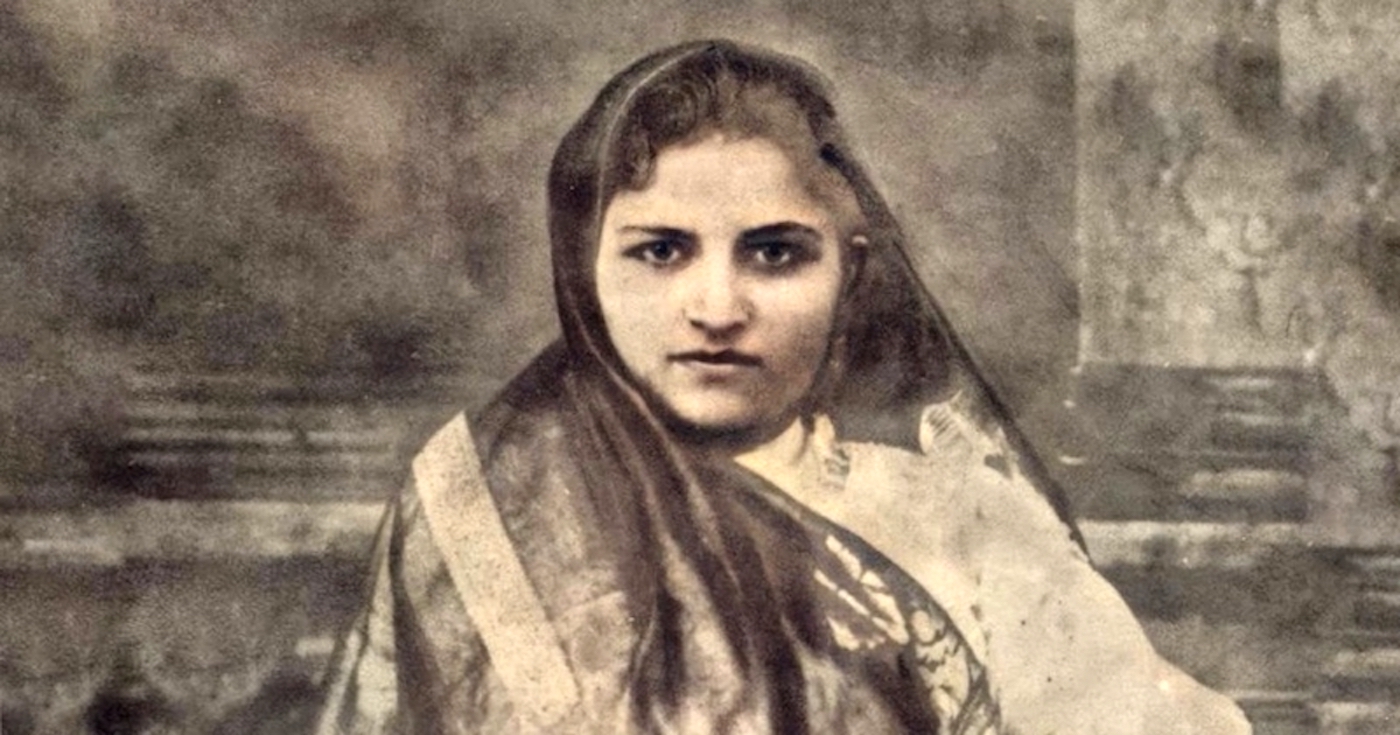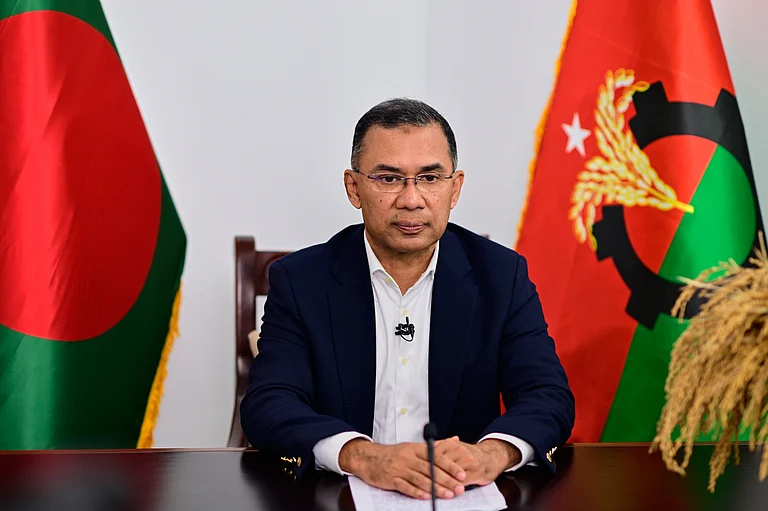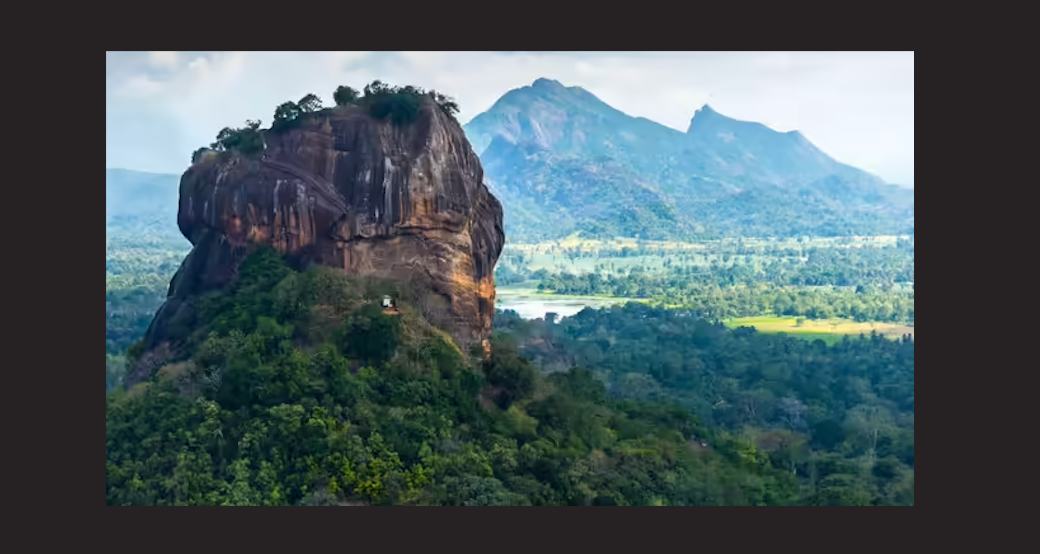Kala Bagai’s life, marked by strength and persistence, is a testament to the power of resilience in the face of discrimination and hardship
Each evening, after completing his archival research at the University of California, Berkeley, Ph.D. candidate Arko Dasgupta would walk through downtown Berkeley. Just a block away from the university, he would always pause at “Kala Bagai Way,” a street name that piqued his curiosity, researchblog.duke.edu reported.
As he stood there, Dasgupta often found himself deep in thought, asking, “Why do I know so little about Kala Bagai? Who was she? Why does this street bear her name?”
With his academic focus on early Indian migration to the U.S., Dasgupta set out to uncover the life and legacy of Kala Bagai. His goal was simple: to shine a light on her remarkable journey in both India and the United States. “I hope readers come to appreciate the challenges immigrants faced when starting life in the U.S. a century ago—and continue to face today,” he says.
Dasgupta’s research revealed that in September 2020, the Berkeley City Council renamed the street in honor of Kala Bagai, one of the first Indian women to immigrate to the United States. This recognition came from the same town that had once greeted her with hostility over a hundred years ago.
Her story continues to resonate, highlighting the complexities of immigrant experiences in the past and present
In 1915, Kala Bagai arrived in America with her husband, Vaishno Das Bagai, who was deeply involved in the Ghadar Movement—a revolutionary group aimed at ending British colonial rule in India. Despite their financial stability, the Bagai family encountered significant racism in California. In Berkeley, their neighbors locked them out of their newly purchased home, refusing to let them move in because they were not white.
Two years after Vaishno Das Bagai became a U.S. citizen, the 1923 Supreme Court ruling in United States v. Bhagat Singh Thind stripped Indians of their citizenship, deeming them ineligible due to their race. This devastating decision led Vaishno Das to take his own life five years later, overwhelmed by the injustice.
Kala Bagai, now a widow with three children, faced the immense challenge of raising a family in an unwelcoming society. Instead of giving in to despair, she enrolled in night school to learn English and, with the help of a banker, wisely invested her husband’s life insurance. Her financial foresight secured the future of her children and allowed her to remain resilient in the face of adversity.
As she navigated life in San Francisco, Kala Bagai became a prominent figure in her community. She was known for her philanthropy and active involvement with the American Wives of India, a group dedicated to fostering cultural exchange. Her son, Ram Bagai, became a key figure in the Indian American community, even supporting Dr. Martin Luther King Jr.’s Civil Rights Movement.
In the 1950s, following the passage of the Luce-Cellar Act, which restored U.S. citizenship to Indian immigrants, Kala purchased property in Los Angeles. Her home became a haven for South Asian students from UCLA, where she was affectionately known for her hospitality and warmth.
Kala’s contributions to the South Asian community in Southern California earned her the title of “Jhaiji,” or grandmother. She was a beloved figure, recognized as a founding member of the Indian community, and her legacy of resilience and compassion continues to inspire.
“This story is worth telling,” says Dasgupta, “because it enriches the broader narrative of early Indian immigrants in the United States, which has long been dominated by the stories of men.”
***********************************************************
Readers
These are extraordinary times. All of us have to rely on high-impact, trustworthy journalism. And this is especially true of the Indian Diaspora. Members of the Indian community overseas cannot be fed with inaccurate news.
Pravasi Samwad is a venture that has no shareholders. It is the result of an impassioned initiative of a handful of Indian journalists spread around the world. We have taken a small step forward with the pledge to provide news with accuracy, free from political and commercial influence. Our aim is to keep you, our readers, informed about developments at ‘home’ and across the world that affect you.
Please help us to keep our journalism independent and free.
In these difficult times, running a news website requires finances. While every contribution, big or small, will make a difference, we request our readers to put us in touch with advertisers worldwide. It will be a great help.
For more information: pravasisamwad00@gmail.com








